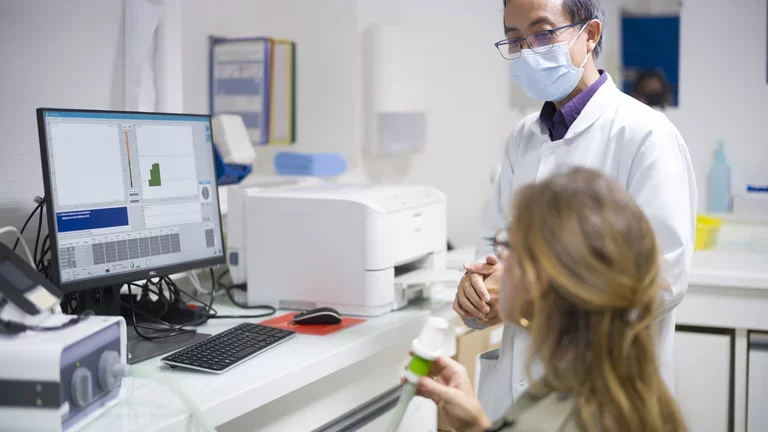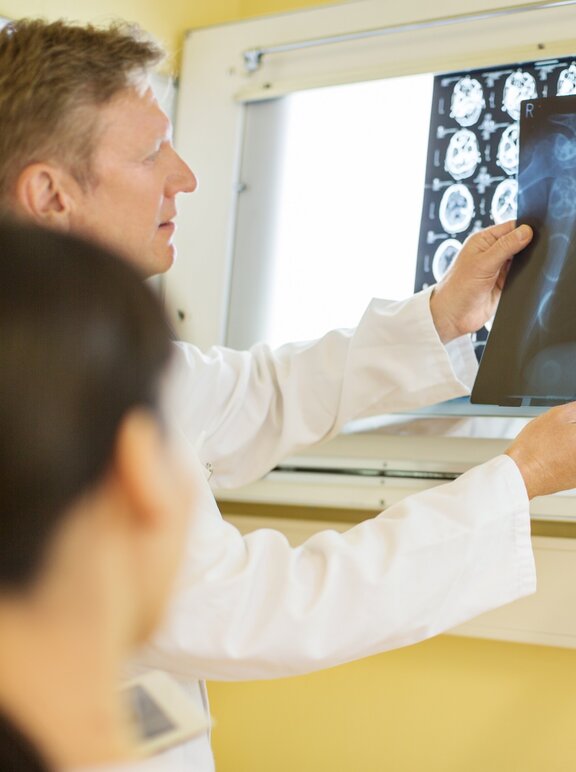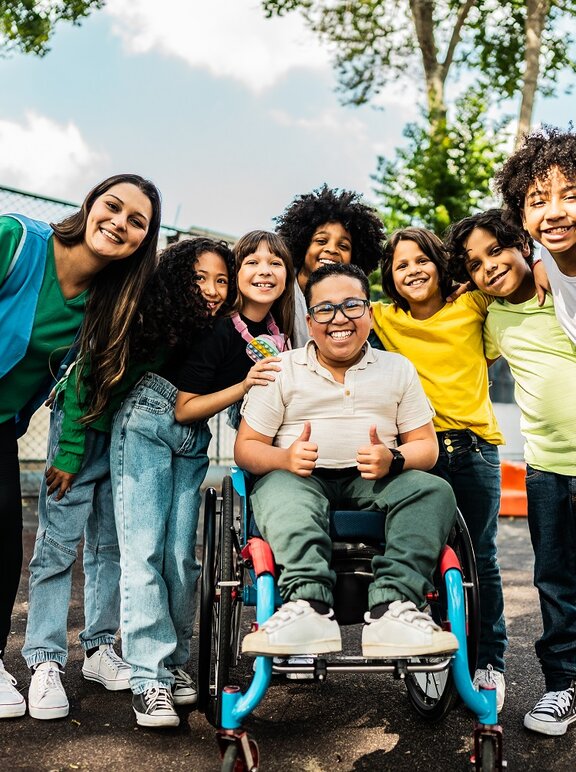The Air Liquide Foundation
Visit the Foundation's dedicated website
The Foundation Air Liquide supports fundamental research projects in the field of human respiratory health, job-integration and solidarity. To this end, The Foundation relies on the expertise and geographic presence of the Air Liquide Group. Through its experience, flexibility and upstream intervention, it complements public action.
Nearly 600 projects supported by the Foundation since 2008
52 countries The Foundation acts in the countries where the Group operates
The missions of the Air Liquide corporate Foundation
Fundamental research
Breathing is essential for life. Environmental pollution or respiratory diseases can negatively impact this function. The Air Liquide Foundation supports scientific partners in the European Economic Area who are carrying out fundamental and epidemiological research projects in the field of Human Respiratory Health, as well as projects linking Human Respiratory Health and air-related environmental factors. The aim is to encourage a new generation of researchers and support innovative projects with high impact potential.
Fundamental research, a prerequisite for breakthrough innovation, requires support. To achieve this, the Air Liquide Foundation relies on the scientific expertise of the Group's employees, who act as a bridge between the research teams and the Foundation in selecting and monitoring projects. We finance innovative projects with high impact potential, lasting 2 to 3 years taking place in the European Economic Area.
Jobs integration
It's a fact that not everyone has the same opportunities for education and jobs. The Foundation is working to connect people looking for work with hard to fill jobs with specific technical skills. This includes young people without diplomas, jobs, or vocational training, particularly coming from disadvantaged neighborhoods, people with disabilities, and the long-term unemployed. The Foundation empowers each person to take control of their career path. We fund projects lasting 1 to 3 years in the European Economic Area. Our employees are encouraged to volunteer in helping the beneficiaries through Citizen at Work, our employee engagement program.
Solidarity
The Air Liquide Foundation operates locally. It contributes to the specific needs of local areas through a wide variety of initiatives (education and training, disability, social work, and access to healthcare). The Air Liquide employee network helps identify needs and monitor the various projects led by local non profits. As with professional integration projects, they can also get involved in volunteer work. The Foundation supports projects lasting up to 12 months in the European Economic Area or in response to the needs of a population in distress in a low- or middle-income country.



